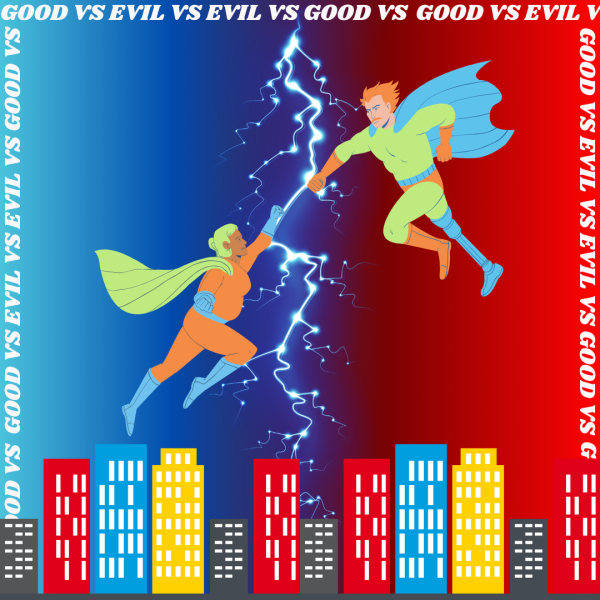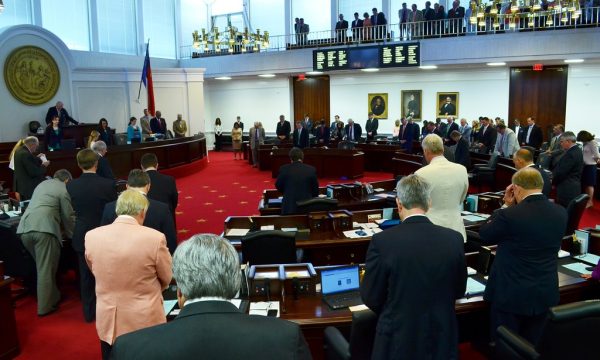Noble Peace Prize’s deserving winners
Why Malala Yousafzai inspires teens everywhere
January 6, 2015
This past October, Malala Yousafzai and Kailash Satyarthi won the 2014 Nobel Peace Prize. This was an incredible step forward for women because Yousafzai has dedicated much of her early life to fighting for education for girls and against the Taliban’s harsh restriction on women’s rights. The 17-year old, hailing from Pakistan, has not only made an achievement for women, but for teenagers everywhere. She is the youngest Nobel Peace Prize winner ever, and shares the award with Satyarthi–a child’s rights activist from India.
According to Guinness Book of World Records, the award was “for their struggle against the suppression of children and young people and for the right of all children to education”.
However, not everyone is pleased with Yousafzai’s work. According to NBC News, the All Parkistan Private School Federation, which is apparently 200,000 schools, held an “I am not Malala day.” This was named in reference and an apparent insult to Yousafzai’s autobiography, I am Malala.
The president of the Federation, Mirza Kashif Ali told NBC News, “She has criticized Pakistan’s ideology, its religion, and its constitution.” Although Yousafzai’s work and Nobel Peace Prize seem like monumental accomplishments to us Americans, for certain countries in the Middle East, this is not the case.
Speaking out for women’s rights is highly forbidden; hence the reason Yousafzai’s efforts made her a target for a death threat by the Taliban. In a conservative country, Yousafzai is seen as a radical, not as an “ahead of her time” thinker. The thought process of those who think that she is acting out against Islam, Pakistan, and the supposed “ideals” they hold dear clearly can’t be understood- they are simply backwards thinkers. Yousafzai also met critism for holding President Obama as her idol instead of the Prophet Muhammed. The girl much of Pakistan held a day against for being a bad influence just donated her Nobel Prize money, $50,000, towards rebuilding schools in Gaza.
The Norwegian Nobel Committee, stated that they chose a Hindu and Muslim winner because they “join in a common struggle for education and against extremism.” They also said that “fraternity between nations” was one of the original criteria stipulated by Alfred Nobel.
Overall, Yousafzai and Satyarthi’s work is highly deserving of the Nobel Peace Prize, and they were awarded rightfully so. They are both honorable and brave figures in society today, constantly working for the greater good tirelessly. Yousafzai’s work proves that truly anyone can make a difference, even someone who is young and had all odds stacked against them. Hopefully at some point those who are against Yousafzai, women’s rights, education, and child labor will stop living in the dark ages and will finally accept the peace and equality that this world desperately needs.














